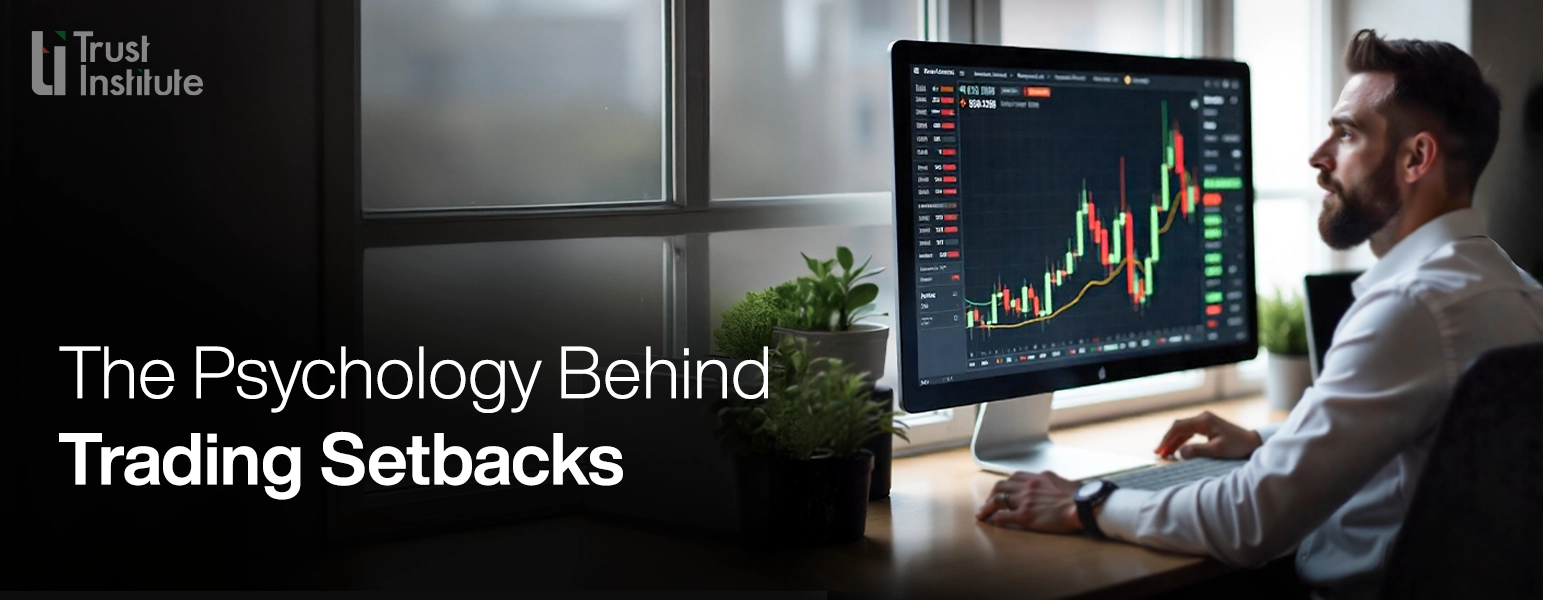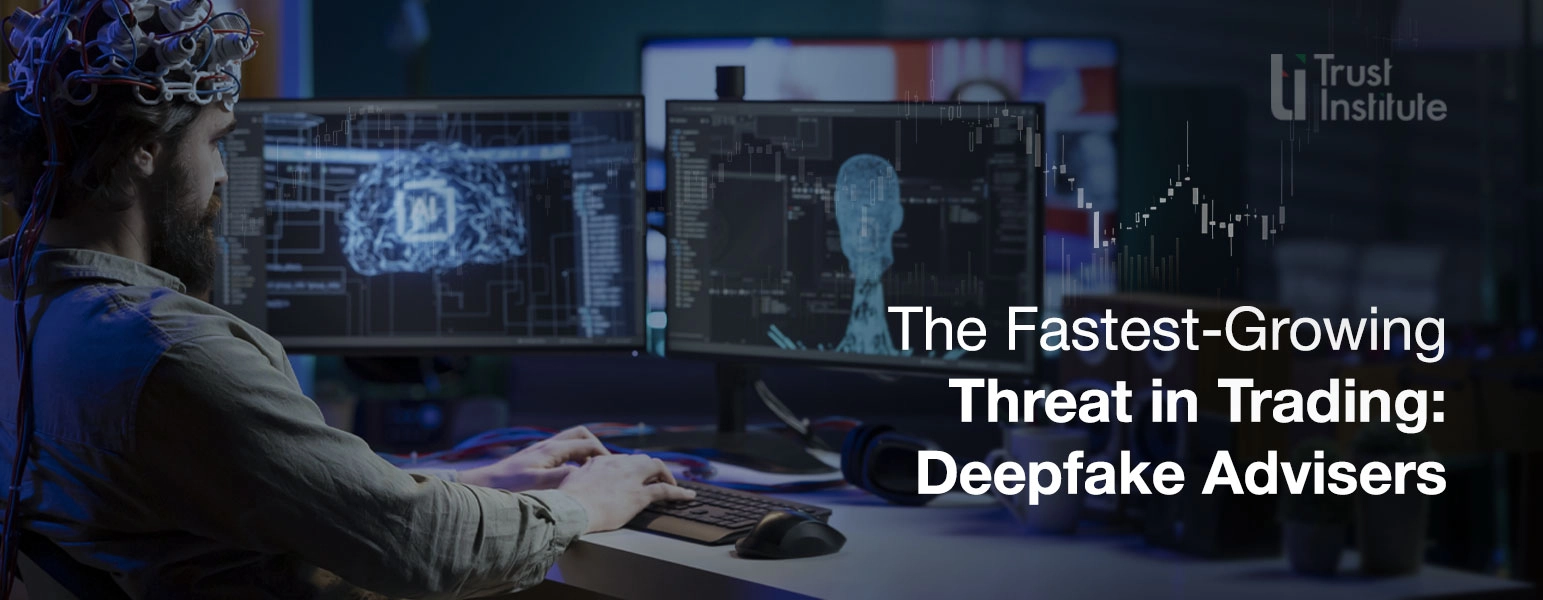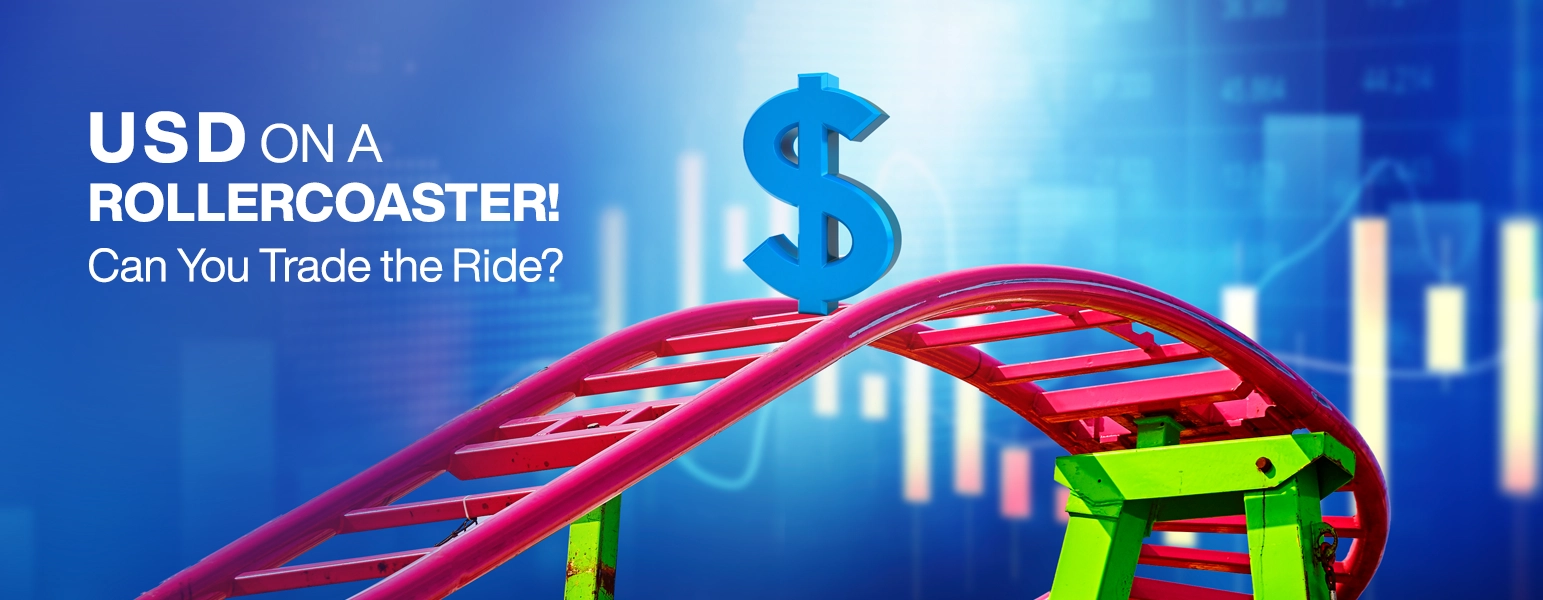Explore the world of financial trading and
gain the knowledge and tools for success with our expertly
written articles and blogs.

The Psychology Of Losing: How to Bounce Back Faster

Losing is an inevitable part of trading, whether in forex, stocks, or other financial markets. Understanding the psychology of losing in trading is crucial for anyone seeking to succeed in the long run. While profits are celebrated, losses test a trader’s mental resilience, discipline, and emotional control. The key lies not in avoiding losses altogether, but in learning how to recover from trading losses effectively and maintaining a strong trading mindset
Understanding the Psychology of Losing
Every trader experiences losses, but the way they respond can define their future performance. Many traders fall into emotional traps after a loss—panic, frustration, or overconfidence can take over, leading to impulsive decisions. Recognizing these emotional patterns is the first step in trading psychology after losing trades. By understanding your reactions, you can implement strategies that enable quicker recovery, minimizing the negative impact on both your portfolio and mental well-being.
The Impact of Losses on Trading Mindset

Losses often affect a trader’s confidence. A single bad trade can shake belief in a proven strategy or lead to hesitancy in making new trades. This is why trading mindset recovery strategies are critical. Developing a mindset that treats losses as learning opportunities rather than failures is essential for consistent growth. Maintaining objectivity ensures that losses do not snowball into larger, emotionally-driven mistakes.
Steps to Bounce Back from Forex Losses
- Acknowledge the Loss: Denial or ignoring a loss can prolong its emotional impact. Accepting it allows you to analyze the situation objectively.
- Analyze Objectively: Review your trade without emotion. Identify whether the loss resulted from a strategic error, market conditions, or risk management issues.
- Adjust Strategies: Use your analysis to refine your trading plan. Adapting strategies based on lessons learned helps prevent repeated mistakes.
- Set Realistic Expectations: Avoid the temptation to immediately recover losses with riskier trades. Focus on steady, consistent growth.
By following these steps, traders can not only recover financially but also strengthen their mental resilience.
Managing Emotions After Losing Trades
Emotional control is a cornerstone of trading success. Learning how to manage emotions after losing trades can reduce stress and improve decision-making. Techniques such as mindfulness, journaling, trades, and taking short breaks between sessions can help traders regain clarity. Emotional recovery for forex traders is just as important as technical analysis—it ensures that future trades are made with a calm, rational mindset rather than frustration or fear.
Dealing with Trading Losses Emotionally

Every trader must learn to deal with trading losses emotionally. This involves recognizing that losses are part of the journey, not a reflection of personal inadequacy. Engaging with a community of traders, seeking mentorship, or simply taking time away from the market can provide perspective and prevent burnout. The quicker you stabilize emotionally, the faster you can re-enter the market with confidence.
Turning Losses into Opportunities
Ultimately, the path to success in trading is paved with lessons from losses. A strong understanding of the psychology of losing in trading equips traders with the tools to respond strategically rather than emotionally. By implementing recovery strategies, managing emotions, and treating losses as valuable feedback, traders can bounce back from forex losses stronger than before. Resilience, self-awareness, and disciplined execution are the hallmarks of traders who thrive in both winning and losing phases.
All blogs
©TRUST TRAINING AND DEVELOPMENT INSTITUTE 2025
Disclaimer: Trust Institute is a KHDA-licensed educational institution based in Dubai, UAE. All training programs, materials, and content offered through our website and in-person sessions are provided strictly for educational purposes. We do not offer financial or investment advice, and we do not engage in or promote any trading activity.
Our courses are designed to increase knowledge and understanding of financial markets. Trust Institute is not a brokerage firm, does not manage client funds, and does not participate in any trading on behalf of its students.
Participation in financial markets, including Forex trading, involves significant risk and may not be suitable for everyone. Individuals are encouraged to conduct their own research and consult with licensed financial professionals before making any financial decisions.
By accessing our content or enrolling in our courses, you acknowledge and accept that Trust Institute is not liable for any financial outcomes resulting from the application of educational material shared. You agree that your use of this information is at your own discretion and responsibility.
Trust Institute is fully licensed and regulated by the Knowledge and Human Development Authority (KHDA) in Dubai, United Arab Emirates.











































